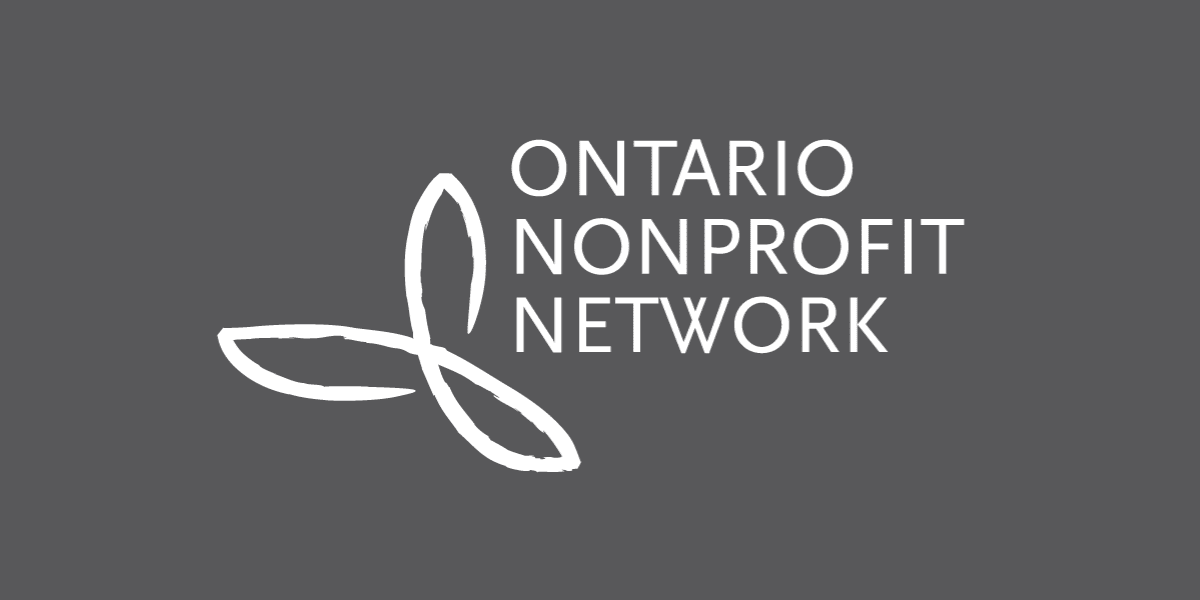
Blog
Let’s seize the opportunity to build a care economy through decent work
By Randall Terrada
As nonprofits navigate the challenges of operating during the COVID-19 pandemic, the sector as a whole faces both uncertainty and opportunity as we move forward.
On the one hand, we have seen rapid and coordinated responses from the public and private sectors. As writer Rachel Giese points out, “The pandemic has also revealed how quickly governments and corporations can act, how readily they can find money, and how easily they can overturn long standing policies when they have the will to do so”.
On the other hand, the crisis has revealed and sharpened deep-seated inequalities in our society. These include unequal access to health care and economic supports, as well as precarious and low-paid employment. As economist Miles Corak notes, “inequality has been robbing many Canadians of security, prosperity, and dignity for decades. That is what COVID-19 reveals.”
One thing is clear: once the emergency has passed, we can’t just take up where we left off before the pandemic. We have an opportunity to not just recover, but to reimagine the sector’s role, particularly through the lens of care: caring for clients, staff, and communities.
The true value of the nonprofit sector is emerging in a new decent work care economy. The work of Ontario’s nonprofit sector, from community home care to employment, sports and recreation, to arts and environmental organizations, is and always has been focused on supporting the health, vibrancy, and resilience of Ontario communities. This approach to the care economy builds on the International Labour Organization’s description, which focuses on child care, health care, disability and long-term care, and elder care.
The care economy and decent work go hand in hand. And the present focus on health, safety, and resilience of Ontario communities is shining an important light on the vital care work of all of Ontario’s nonprofit organizations.
One of the greatest ironies that has emerged out of COVID-19 is, as Ai-jen Poo noted even before the outbreak, “the people that we’re counting on to take care of us can’t take care of themselves and their own families doing this work and the opportunity here is to transform that for the 21st century.” Her message is clear: the care economy’s principal ethical framework is decent work.
A recent article in the New York Times points out that COVID-19 is bringing to light the important role that women’s care work plays which for so long has been undervalued and hidden. The vast majority of women’s essential labour (who make up 80% of Ontario’s nonprofit sector) “does not produce an object that can be traded or sold, it is simply work that has to be done.” Care work is a critical social infrastructure which is why advocacy is extremely important now. The current situation under the stars is ripe for new ideas and progressive change.
Nonprofits need to lead the conversation on an equitable recovery that focuses on care. What we are witnessing on social media and various legislative announcements are important features and components of a caring economy, where the historical work and inroads nonprofits have made in Ontario’s communities has come to the forefront of appreciation, debate and discussion.
Decent Work practices are now the new common sense. The health, safety and economic security of employees correlates with the strong organizations doing work in Ontario’s communities. Nonprofit organizations can not sit quietly on the sidelines. Your stories about the work you do supporting healthy resilient communities needs to be heard. Let’s all work together to make sure this happens.





